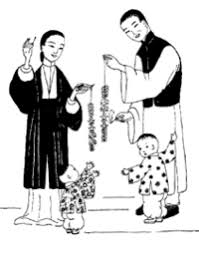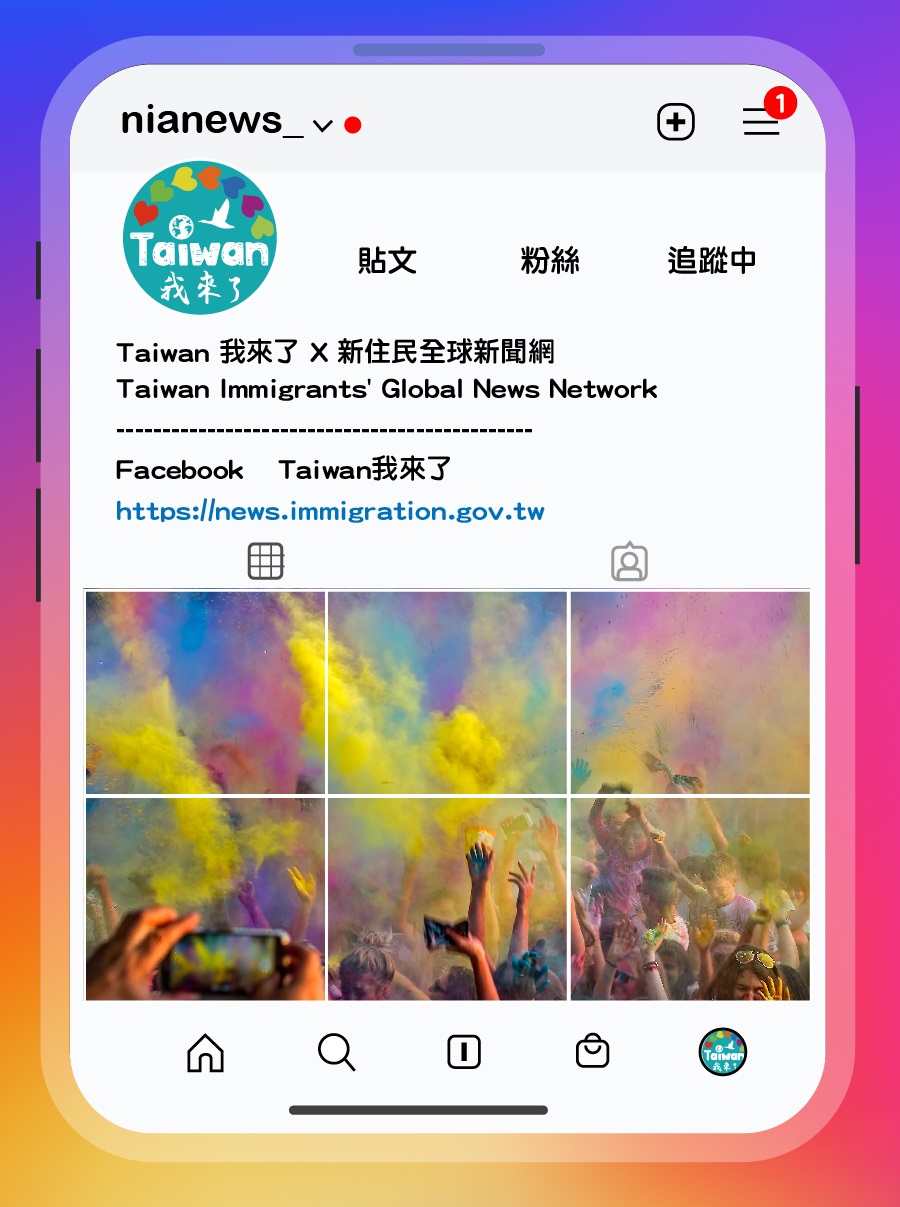Tomb-sweeping Day, which is also called Qingming Festival, is one of the most important festivals for Chinese-speaking people. The Day, which falls on April 4 this year, is when people visit the graveyard of their ancestors to clean tombs, make offerings, pray, and honor relatives and ancestors that have passed away.
 (Source: Wikipedia)
(Source: Wikipedia)
You might have forgotten when and how it originates, so, this article has shared a history background of it with you.
A famous loyal minster in the Spring and Autumn Era. Prince Wen of Jin, who was also called “Zhonger,” was the emperor of the state of Jin around 650 B.C. He was exiled to other states to get avoid political persecution in his childhood. Jie Zitui was Zhonger’s loyal attendant at that time. Nineteen years later, Zhonger successfully went back to the state and became the emperor. He rewarded his attendants who accompanied him before generously, except Jie Zitui. Instead of asking for rewards, Jie Zitui chose to live in a remote mountain silently. Later on, Zhonger felt ashamed for forgetting Jie Zitui, so he went to the mountain to find Jie Zitui, but Jie refused to see him.
To convince Jie to come out of the mountain, Zhonger came up with an idea to set fire to the mountain. However, Jie still did not come out and he hugged an old willow tree until his death. Zhonger was so full of regret and moved by the actions of Jie Zitui that he set up the day as “Hanshi Festival” to memorize his former loyal attendant. On that day, all citizens are forbidden from lighting fires, so they could only eat cold food. The next year when Zhonger went to the mountain to sweep Jie’s tomb to memorize Jie, he found the old willow survived. Zhonger was surprised by this phenomenon and he decided to set up the day after “Hanshi Festival” as “Qingming Festival.” And this is the origin of Tomb-sweeping Day.
Nowadays, Tomb-sweeping Day has mostly lost its agricultural function but exists as a festival to memorialize ancestors, relatives, and friends who have passed away. Taiwanese people celebrate Tomb-sweeping Day by sweeping tombs and having an outing with their family. Even though the custom changes as time goes on, the spirit of tomb-sweeping, which is to honor ancestors and celebrate the approach of spring, still lives on.
Source: The Nanyan Observer








